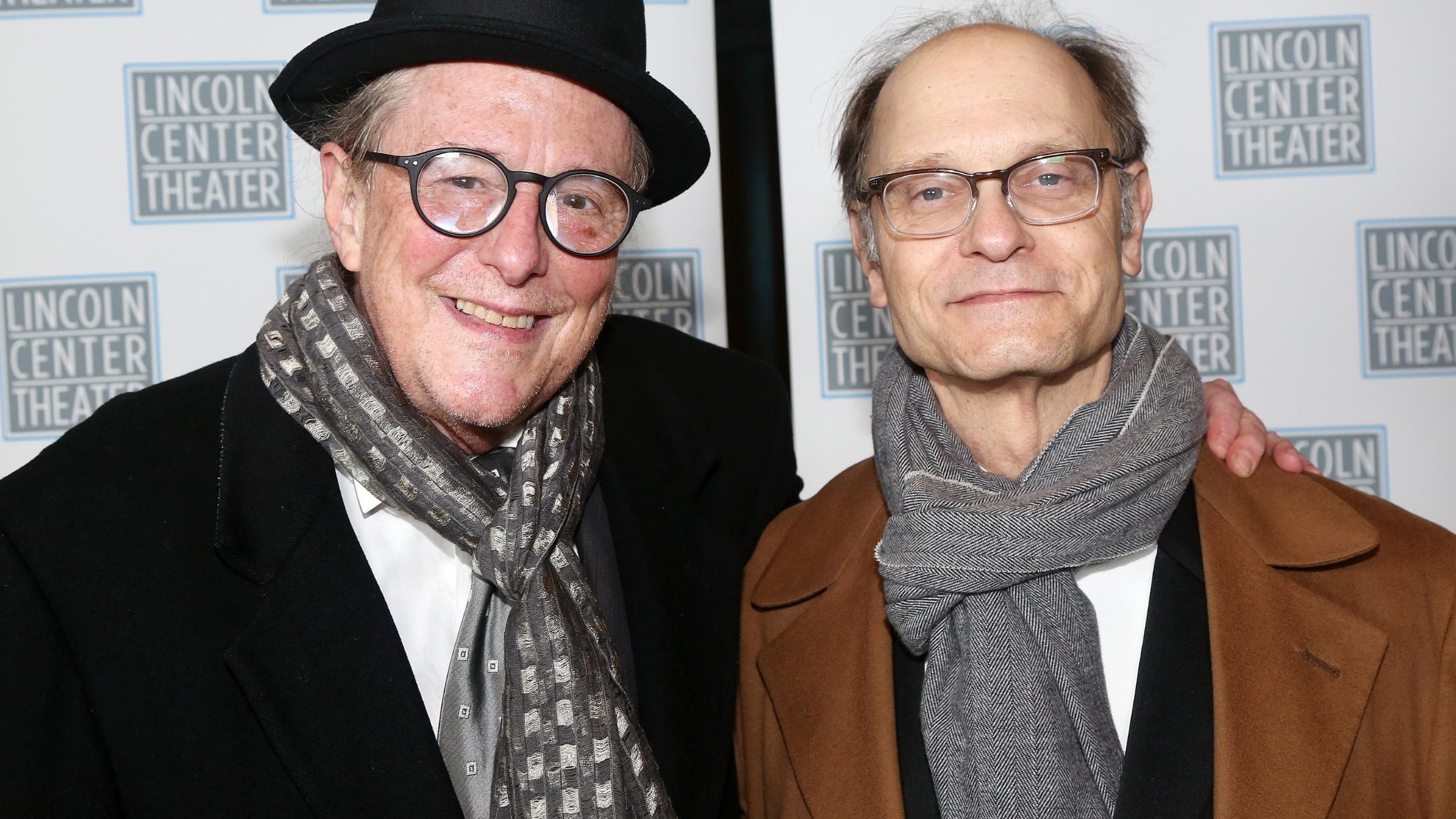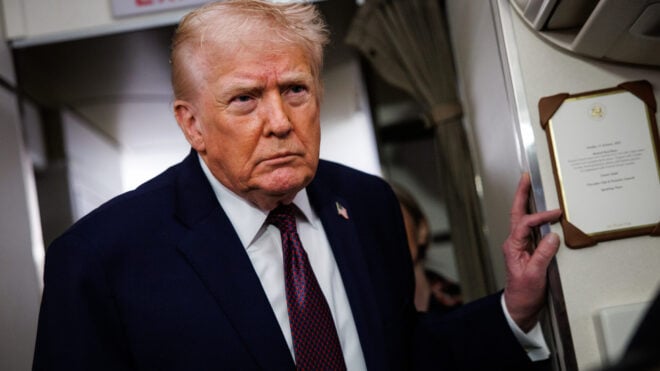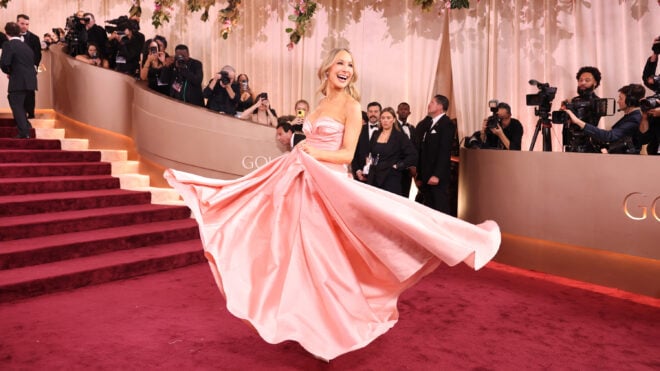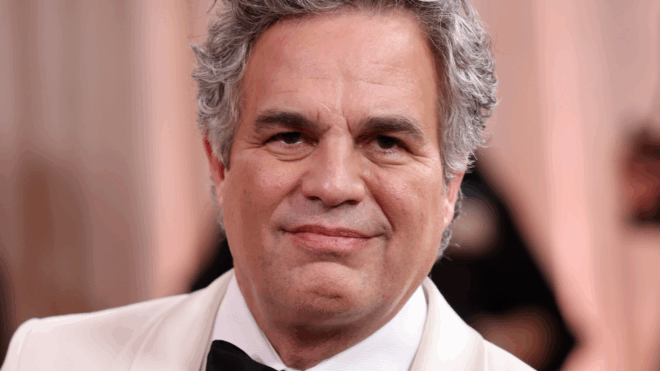
David Hyde Pierce has experienced a lot of success in his decades-long career. He's taken on theater, film, and television roles, most recently as a part of HBO Max's Julia.
David has a good support system at home. He's been with his husband, actor Brian Hargrove, for 39 years. It was their shared industry that brought them together and gave them the opportunity to be friends before exploring their romantic relationship. They made things official in the early '80s, a time when people in entertainment were still grappling with how and when it was appropriate to present as queer.
For his part, David never kept his and Brian's relationship a secret. It wasn't until he experienced television success as Niles Crane on Frasier that the questions about his relationship picked up.
David and Brian were introduced through their agent and soon became fast friends.
"When Brian and I were first together, we were actors, we had the same agents, and we just ran into each other at auditions," David told People of that time.
"We liked each other. We did not know at that time that either one of us was gay, and we just hung out as best friends. That went on for many months. Eventually, we figured it out."
"I've always felt that the fact that the relationship was built on friendship first is part of the reason why we've been together for 39 years," David continued.
"The image I had for a relationship came from my mom and dad, who were together almost 50 years. It was a dedicated relationship. That's what I ended up looking for and ultimately finding."
David and Brian married in 2008, 26 years after meeting and falling for each other. In his time in theater and film, there wasn't a lot of interest in David's personal life. That changed when Frasier blew up.
"At the very beginning of the TV stuff, I was doing an interview with TV Guide and they said, 'Are you dating someone? Are you in a relationship?'" he recalled.
"I said, 'My life is an open book. Just don't expect me to read it to you.'"
"At the time, I thought it kind of says it all, which is, I'm going to maintain my privacy, but obviously if I say that, you can pretty much guess what the story is," he said.
"At the time, I thought that was enough. Now looking back, I think, 'Okay. I tried to not have to make speeches, but I think there are things more important than what I was trying to accomplish.'"
In a 2017 interview with Vulture, David said he felt like he came out at many different points in his life. He never had a formal sit-down with his parents, however.
"I brought home the guy I was in love with. And they met him and loved him and embraced him, and he was a member of the family instantly," he recalled.
Ultimately, David didn't technically "come out." In a 2007 article by the Associated Press published on CNN, the profiler wrote, "Pierce got to Los Angeles in the early 1990s when his partner, actor-writer-producer Brian Hargrove, wanted to write for television." When members of the media reached out to his rep to confirm, they had no problem saying that David was gay.
David said he did get some criticism for not being more direct in his proclamation. He believes, however, that there's no right or wrong way of coming out.
"I'm not saying that was right or wrong, but there is an absoluteness of saying, 'I am coming out.' And here we all are, all these years later saying, 'You know, there's this whole panoply of who people are, and maybe we shouldn’t force them to say 'I'm this' or 'I'm that,'" David told Vulture.
"Maybe it's okay. That's what happened with me. But as soon as I start to hear, 'Oh the people who did this, but they didn't do that,' oh come on," he added.
"I was probably a few years behind the times. I certainly wasn't a pioneer. I wasn't like, god bless her, Ellen DeGeneres. Or Rosie O'Donnell. Part of that was my upbringing. Part of it was the desire of an actor to not be pigeonholed."
"I believed that living your life without hiding was the political statement. Maybe when we talk about the diversity of the community, I think it's possible that everyone doesn't have to do everything the same way," he concluded.
"We seem more accepting of that now than we did, but we're at a different point in the struggle than we were then. I wasn't a hero of that struggle."




